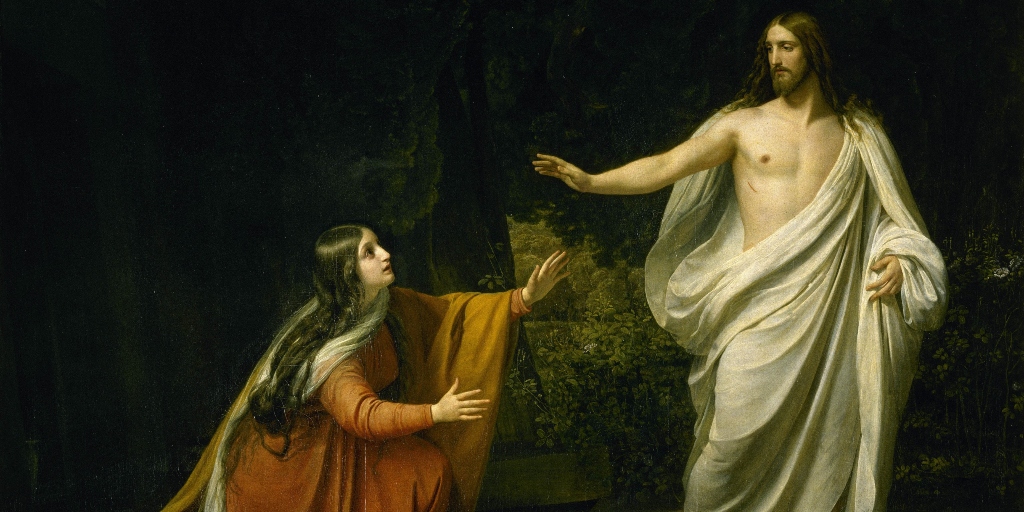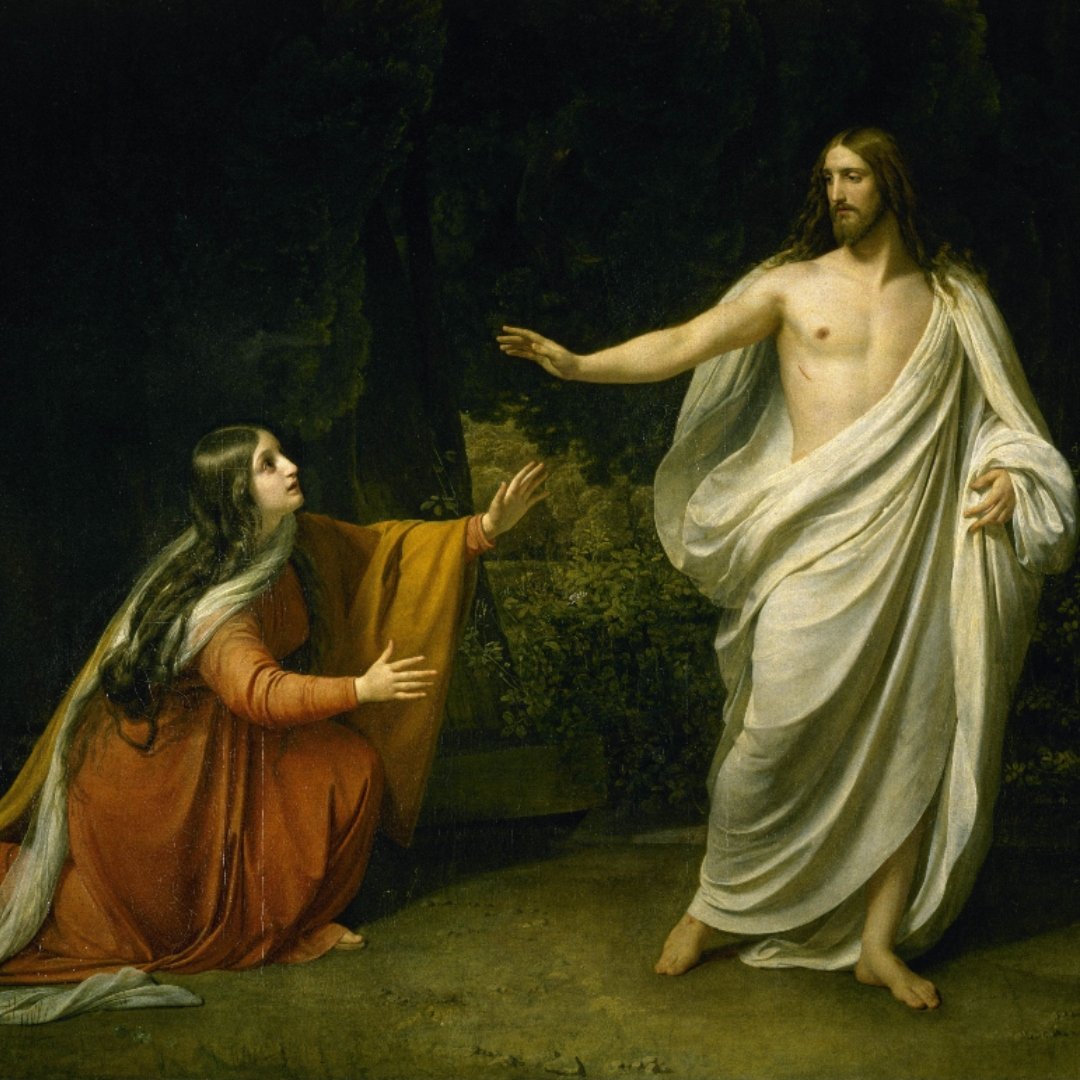
Taryn Oesch DeLong describes how St. Mary Magdalene proves meekness and boldness can go hand in hand.
Many people, perhaps particularly women, object to being described as “meek.” Meekness is wimpiness, passivity—a descriptor of oppressed women.
But, Christians know that “meek” is a word the Son of God used to describe himself—“I am meek and humble of heart” (Matthew 11:29)—and that those who are meek like Him will “inherit the land” (Matthew 5:5). If Jesus is meek, and wants us to be meek as well, perhaps there’s more to this trait than meets the eye.
In his apostolic exhortation Gaudete et Exsultate, Pope Francis writes that “meekness is yet another expression of the interior poverty of those who put their trust in God alone.” While others may see our meekness as weakness, “reacting with meekness and humility: that is holiness.” Meekness is gentleness; it is not passive acceptance of the world but active receptivity of God.
With this understanding of meekness, we can see that while boldness may seem like its opposite, they can actually go hand in hand. We can be meek and act boldly when necessary. At Easter, we can see this truth reflected beautifully in St. Mary Magdalene.
The Gospel of John tells us that when Mary Magdalene returned to Jesus’ tomb with Peter and John, the two apostles left, but Mary stayed, weeping. When she saw Jesus, she believed he was a gardener, and she asked him if he knew where Jesus’ body was. Jesus then revealed Himself to her and told her to go tell the apostles He had risen. She did so immediately (John 20:1-18).

According to Catholic Answers contributor Kenneth D. Whitehead, some scholars believe the fact that Jesus appeared first to a woman, and charged her with telling the men that He had risen from the dead, is one of the best pieces of evidence that the Resurrection happened. “If the story had been fabricated,” he writes, “no one would have made a woman the first witness to the defining miracle of Christianity,” because in the time of Jesus, a woman’s testimony would not have been believed like a man’s would have.
Imagine, then, the boldness it would have required for Mary Magdalene to go straight to the apostles to tell them of Jesus’ Resurrection. Would they have believed her? The apostles were good men, but they were men of their time, and such news would have been hard to believe anyway. Still, Mary boldly did as Jesus told her and shared the joyful news with his apostles. It is because of this boldness that she is known as the “apostle to the apostles,” a great example of evangelization.
That boldness follows stories of Mary’s meekness. As Pope Benedict XVI said in 2006,
The story of Mary of Magdala reminds us all of a fundamental truth: a disciple of Christ is one who, in the experience of human weakness, has had the humility to ask for his help, has been healed by him and has set out following closely after him, becoming a witness of the power of his merciful love that is stronger than sin and death.
Mary meekly sought forgiveness and healing (Luke 8:1-3). She meekly looked for Him at the tomb, meekly asking the angels and then Jesus Himself where His body went.
As mothers, we know, perhaps better than anyone, that meekness and boldness are not contradictory. We are gentle with our children and bold in advocating for them. My pregnancy was a humbling experience of surrendering my body to my growing child and my will to God, yet I found childbirth (even with an epidural) an empowering experience of bold confidence in helping my daughter enter the world. Simultaneously our boldest and meekest act of all as mothers is simply our “yes” to God’s call to become a mother.
St. Mary Magdalene, pray for us!
Copyright 2022 Taryn Oesch DeLong
Images: Russian Museum, Public domain, via Wikimedia Commons
About the Author

Taryn DeLong
Taryn DeLong is a full-time homemaker who lives outside Raleigh, NC with her husband and their little girls. She is also co-president of Catholic Women in Business and co-author of Holy Ambition: Thriving as a Catholic Woman at Work and at Home(Ave Maria Press, 2024). Follow her on LinkedIn or Instagram.


.png?width=1806&height=731&name=CatholicMom_hcfm_logo1_pos_871c_2728c%20(002).png)
Comments